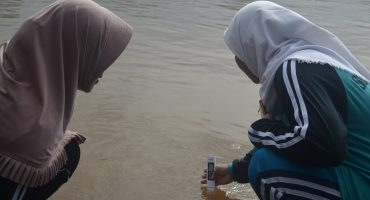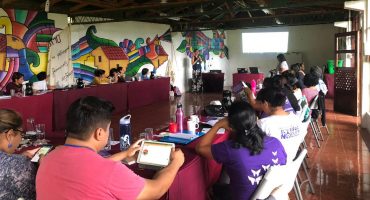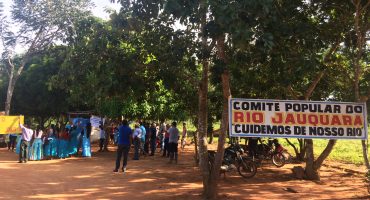A strong civil society
A civil society that is a strong player at all levels – locally, nationally and internationally – is essential for the work of Both ENDS. Strengthening and empowering civil society organisations in mainly Asia, Africa and Latin America that work towards creating a more equitable and sustainable world is critical to all that Both ENDS does.
In our cooperation with partners, we use an approach that we call mutual capacity development. We define mutual capacity development as the process by which Both ENDS and our partner organisations participate as equal partners in mutually strengthening skills, knowledge and network contacts. Together we develop, learn and become stronger advocates for positive change.
We bring together organisations with common interests and complimentary expertise. A collaboration between several of Both ENDS’s Indonesian partners provides a good example of how such introductions can stimulate joint strategizing and set in motion the development of new activities.
Sometimes we gather for a training or workshop, to address the needs of our partners. Such trainings also provide us with valuable information from our partners and from the communities they work with, as was the case with a workshop in El Salvador on International Financial Institutions.
Mutual capacity development also entails strengthening local leadership and local networks, which is critical for defending and increasing civic space. A stronger local civil society will have more advocacy power, as demonstrated by the local people’s committees in Brazil, which work to protect their rivers from hydropower dams.
A strong civil society
Women and water in the shadow of oil palm plantations
Women’s rights, water quality and oil palm plantations. They may seem like unlikely topics to bring together, but for women […]
Read More ›Connecting women's rights and IFI experts
Women’s right to a healthy and safe environment has as much to do with the flow of money as it […]
Read More ›Faith and life in a wetland without borders
The world’s largest freshwater wetland connects the lives of no less than 160 million people in five countries. The wetland, […]
Read More ›


